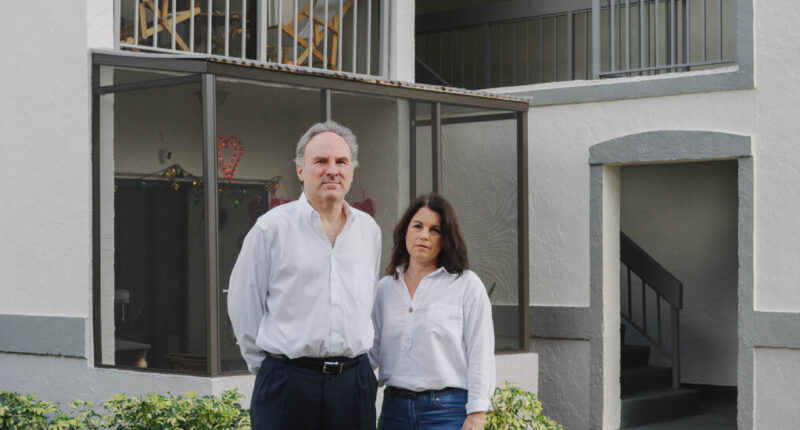
“Many states have added provisions that the investor wouldn’t have to get every single unit to dissolve the association, to avoid the situation where there’s one holdout who could stop it, like when a person refuses to sell their house, and there’s skyscrapers all around them,” Mr. McKenzie said. “If you got to a certain percentage of the units that were owned by one investor, then the state could make the other people sell.”
The intention of those provisions, Mr. McKenzie added, is to prevent a scenario where a single holdout owner is able to block a supermajority of owners from selling the building, especially in the case of dilapidation. “Without this provision, it would require unanimity to sell the building, which is very hard to get,” Mr. McKenzie said. “If a condo building falls into serious disrepair, should one owner be able to force all the others to stay locked into the project, even if they can’t afford to fix it, get it up to code, et cetera?”
Mr. McKenzie, who tracks deconversion in a database, said he’s observed hundreds of condos being deconverted to apartments in Illinois over the past decade. Legal requirements in Illinois for deconversion include a threshold of 75 percent ownership for developments with four or more units.
The current version of Florida’s Condominium Act requires approval from 80 percent of the total voting interests of the condo, with less than 5 percent opposition, for a condo termination to proceed. In 1979, the act required the consent of all of the unit owners, which was in place when Mr. Fellman bought his condo. The share of owners required to approve a termination was reduced initially in 2007 to help owners get out of failing condo projects that were damaged from natural disasters, but this eventually became a pathway for developers to take over condominiums more easily. In 2017, to help combat developers taking advantage of this, the state added that only 5 percent of owners would need to oppose a termination for it to be halted.
In 2014, Republican Senator Rick Scott, who at the time was the governor of Florida, wrote in a letter to Florida’s Department of Business and Professional Regulation that he was “deeply concerned” about the 2007 law. “The law appears to have negatively impacted a number of families throughout the state, leading to the loss of their homesteaded property, and in many instances, resulting in the financial burden of remaining mortgage debt after the sale of their condominium,” Mr. Scott wrote.
Source: | This article originally belongs to Nytimes.com








